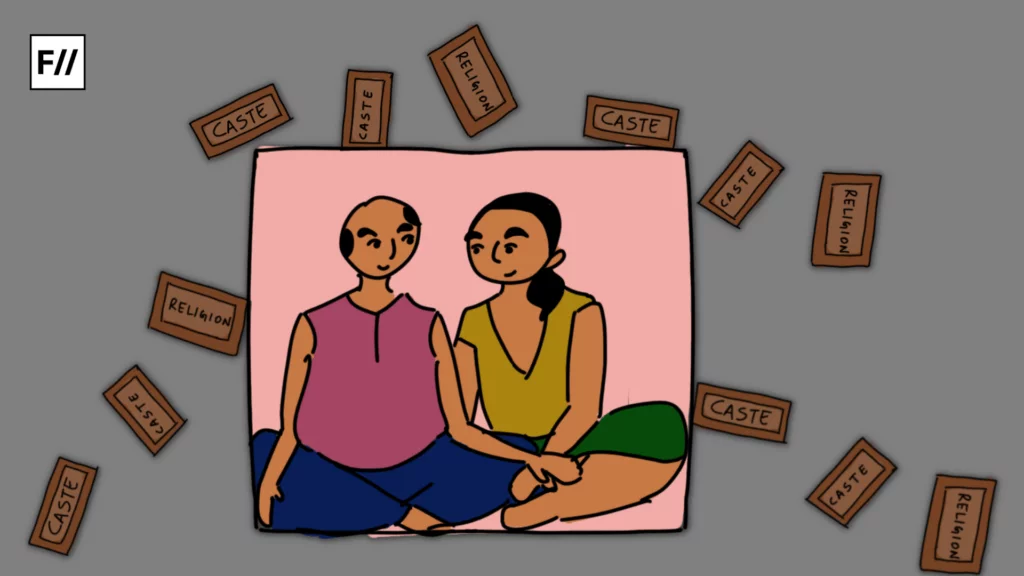Revolutionary women have brought about a different form of feminist subjectivity. By adopting methods of armed struggle, women in revolutionary movements globally have successfully challenged the patriarchal trope of a woman as docile and submissive. Revolutionary violence also enables the undoing of historical injustices against women’s bodies and minds by total institutions such as patriarchy, caste, racism and colonialism.
Women engaged in armed struggles have had dual aims: the liberation of any racial or ethnic minority community and the liberation of women from patriarchal constraints. Feminist revolutionary violence seeks to destroy all the patriarchal apparatuses of power and create more emancipatory ways of being.
1. Rojda Felat
On 17th October 2017, Raqqa the ‘capital,’ of the Islamic State Of Iraq and Levant was captured by the Syrian Democratic Forces (SDF) an alliance of Kurdish and Arab militias under the leadership of Rojda Felat. Felat was the commander of the YPJ’s Raqqa operation (Women’s Protection Units) and a member of the general commander of YPG (People’s Protection Units) a predominately Kurdish militia. She led a contingent of 15000 fighters, liberated Raqqa from the ISIL and freed several trapped Yazidi women. They succeeded despite the ISIL being better equipped with tanks, artillery and immense logistical superiority, being backed by Turkey. Earlier Rojda Felat was also involved in defeating the far more equipped ISIL and other jihadist militias in Kobani in 2015.
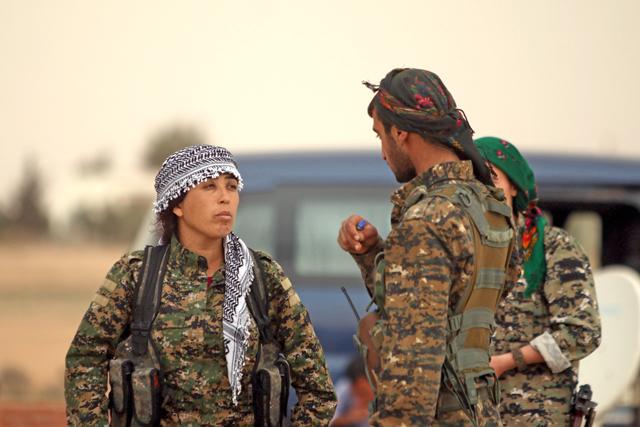
Like every other woman of her generation, Rojda is a firm advocate of Jineology. The philosophy was propounded by the Kurdish revolutionary leader and thinker Abdullah Ocalan. Ocalan theorised that the formation of gender binaries and division of labour that developed in the Neolithic age is at the root of all forms of oppression. Nation-states, organised religion and capitalism all constitute different institutionalised forms of the alpha male. Any liberation struggle is incomplete without the liberation of women. Jineology is practised as a form of grassroots democracy comprising local councils practising direct democracy, fair representation of women in police forces and army of Autonomous Administration of North and East Syria (AANES), and cooperatives led by women. Jineology has emerged as a liberatory vision for the Kurdish women who fought not only against the ISIL or the Turkish army but also the conservative patriarchy inherent in Kurdish society itself.
Rojda Felat’s military victory has proven the material efficacy of Jineology as a movement sending ripples of hope in the region and across the globe that a feminist revolution is possible. Felat has emphasised the need for a social revolution aimed at increasing the participation of women in local councils, and town administrations and building a feminist multi-ethnic militia.
As a commander she has played an active role in recruiting women, providing them military and ideological training and improving the morale of women in the entire Kurdish region of North Syria. Felat is indeed an inspiration for women across continents who pledge to crush patriarchy by any means necessary.
2. Assata Shakur
The wounds of Sonya Massey’s murder by the racist white police officers in Illinois are still fresh in the collective minds of American people of colour. The community needs to urgently draw upon the historical registers of resistance against racist violence to instil hope in their people to carry on with their lives and keep the spark of resistance alive.
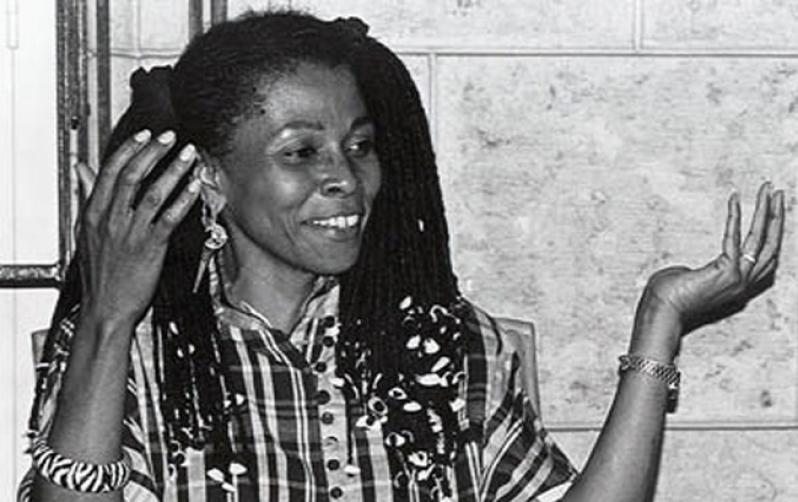
The life of Assata Shakur is extremely significant at this juncture. Shakur was born on 16th July 1947 in New York. She joined the Black Panther Party(BPP) in 1970 in the parties’ Harlem chapter serving in the free breakfast programme. However, the BPP’s organisation was severely weakened due to the Federal Bureau Of Investigation’s (FBI) counterintelligence program which ended up in the assassination of prominent BPP leaders like Fred Hampton. Many former BPP members led by Eldrige Cleaver formed the Black Liberation Army a militant Marxist-Leninist group using armed struggle as a means of dismantling the racial capitalist order and creating hope amongst the Black people.
Shakur became involved in grassroots organising for the BLA by distributing pamphlets, educating black youth and holding rallies. She also took part in bank robberies and shoot-outs with police officers. Shakur was arrested on 2nd May 1973 on charges of murder of New Jersey state trooper Werner Foster. She was sentenced to 33 years in prison in 1977 by an all-white jury. What followed was her gut-wrenching escape from New Jersy Clinton Correctional Home in New Jersy aided by her comrades. Shakur has since then lived in Cuba in exile.
Shakur’s leadership of the Black Liberation Army and her heroic escape prove that marginalised human beings can create possibilities for liberation amidst severe odds.
3. Comandante Ramona
After the dissolution of the Soviet Union, the global left movement seemed to ebb. At this point, several illiterate indigenous peasants in the Chiapas in Mexico took up arms against the neoliberal and neo-colonial North American Free Trade Agreement (NAFTA) under the Zapatista Army Of National Liberation. On 1st January 1994, these peasants armed with wood, guns and machetes took control of several municipalities in Chiapas, freed 200 prisoners and took the governor of the Chiapas state hostage. This unprecedented revolution was coordinated by the Revolutionary Indigenous Committee led collectively by indigenous peasant women.
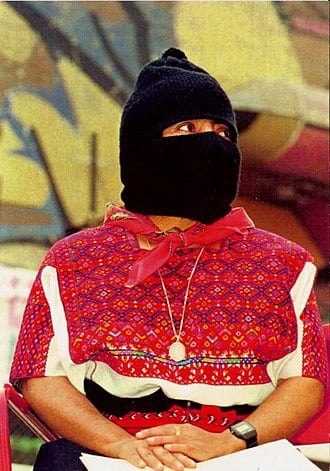
The most charismatic amongst them was Comandante Ramona (1959-2006). Ramona commanded the operations of the Zapatista Army in the siege of the town San Cristóbal de las Casas and later she led the talks concerning peace accords with the Mexican government.
Ramona’s role hasn’t been just of a military commander. She spearheaded the social revolution by drafting the document The Zapatista Women’s Revolutionary Laws in 1993 which was a charter for liberation of indigenous women from patriarchy and neoliberalism. She has also been at the forefront of community schools, cooperatives and health centres.
Ramona’s efforts have displayed the possibility of a bottom-up horizontal feminist organisation created autonomously by marginalised women themselves out of their lived experience of domination and resistance.
4. Leila Khaled
The Israeli Occupation Forces genocide in Palestine is ‘justified,’ by the cliched colonialist narrative of an enlightened Israel waging a war against backward militant groups, the Hamas and the Palestinian Islamic Jihad. This narrative is spun by completely erasing the vast historical register of Palestinian women fighting the Zionist occupation.
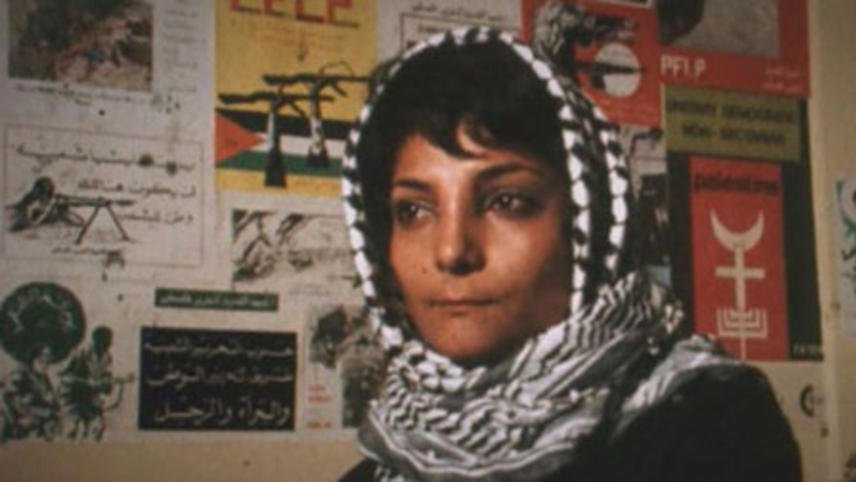
Leila Khaled’s role as a fighter in the Popular Front For the Liberation Of Palestine (PFLP) was a movement within a movement. Her active leadership in hijacking a TWA flight in 1969 and an Israeli El Al jet in 1970 brought the Palestinian cause to international attention. It also highlighted that Palestinian women were capable of creating their ideas of decolonial feminism as opposed to the damsel in distress trope of the colonisers and inspiring generations of Palestinian women to fight both colonialism and Andro-centrism of the mainstream Palestinian Resistance Groups.
5. Nirmalakka
Nirmalakka had been the area commander of the People’s War Group and later the CPI (Maoist) in south Bastar.
Committed to the cause since the late 1980s Nirmalakka played a great deal of time knowing the local ecology, language, and culture of the Adivasis and in increasing the participation of Adivasi women in the ranks of the party and its armed wing.
This is by no means an exhaustive or representative list. Suggestions to add to this listicle are welcome in the comments section.
About the author(s)
Rohin Sarkar (preferred pronouns: he/him) is an eighteen year old teenager obsessed with critical theory, Anarchist studies and Ambedkarite literature. His passion other than academics include poetry by Faiz Ahmed Faiz and Habib Jalib along with Anarchist punk by David Rovics. He also enjoys Oxford style and British Parliamentary debating because it enables him to speak his mind without fear of being censured. When not studying or debating he is chatting on politics with his friends either on WhatsApp or in the college premises.




